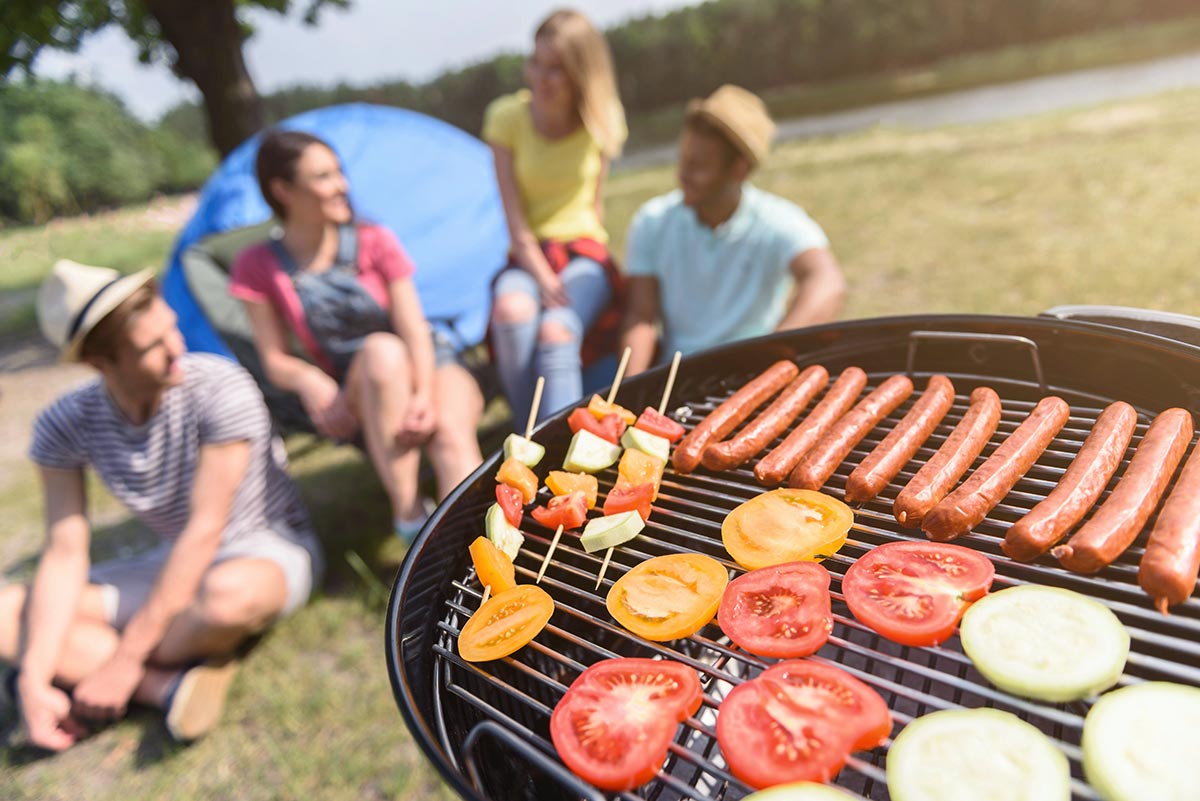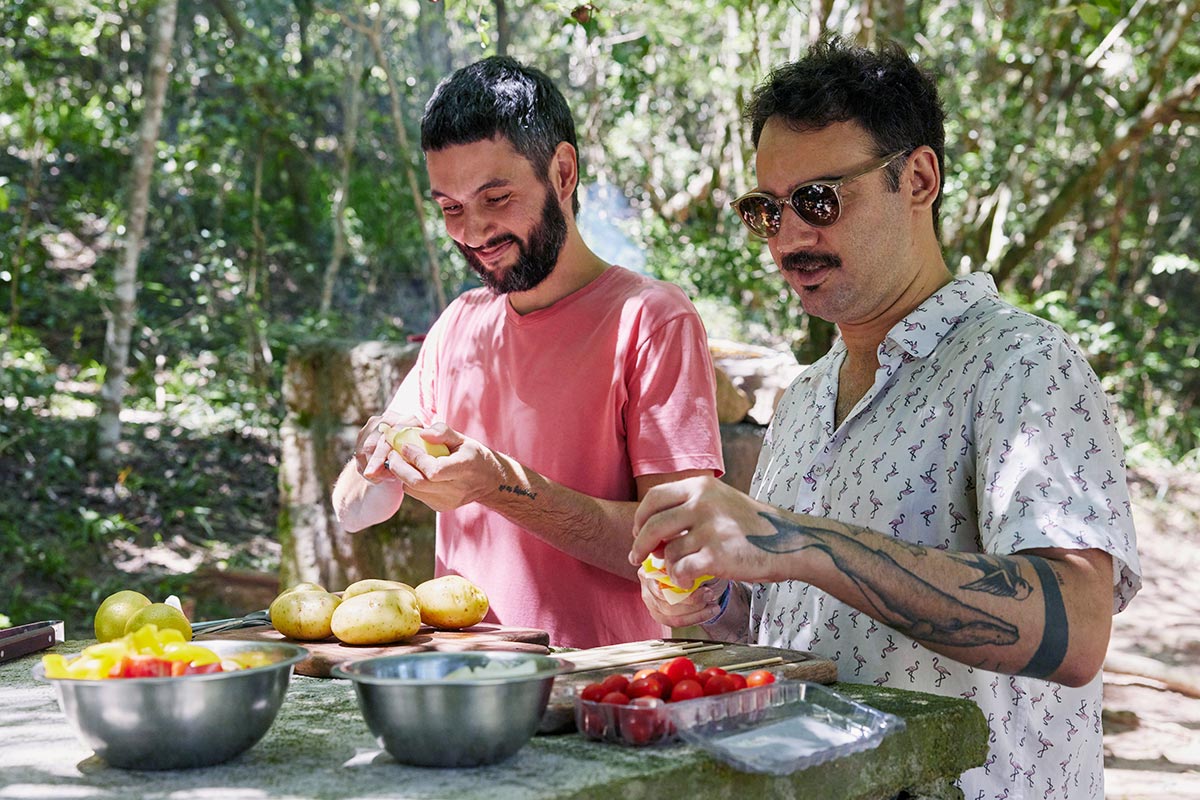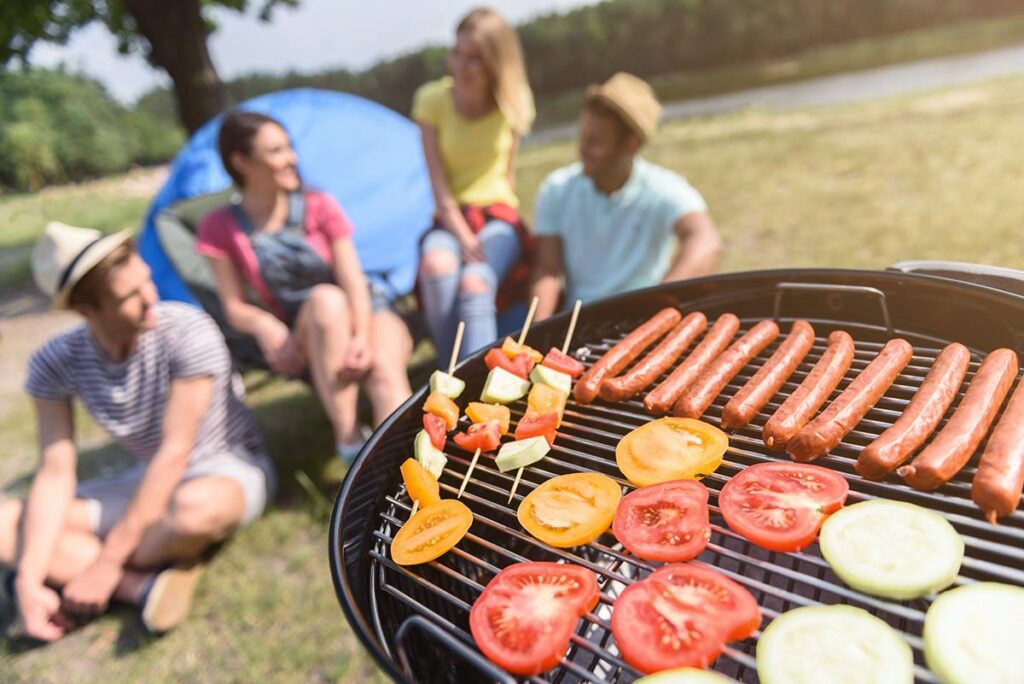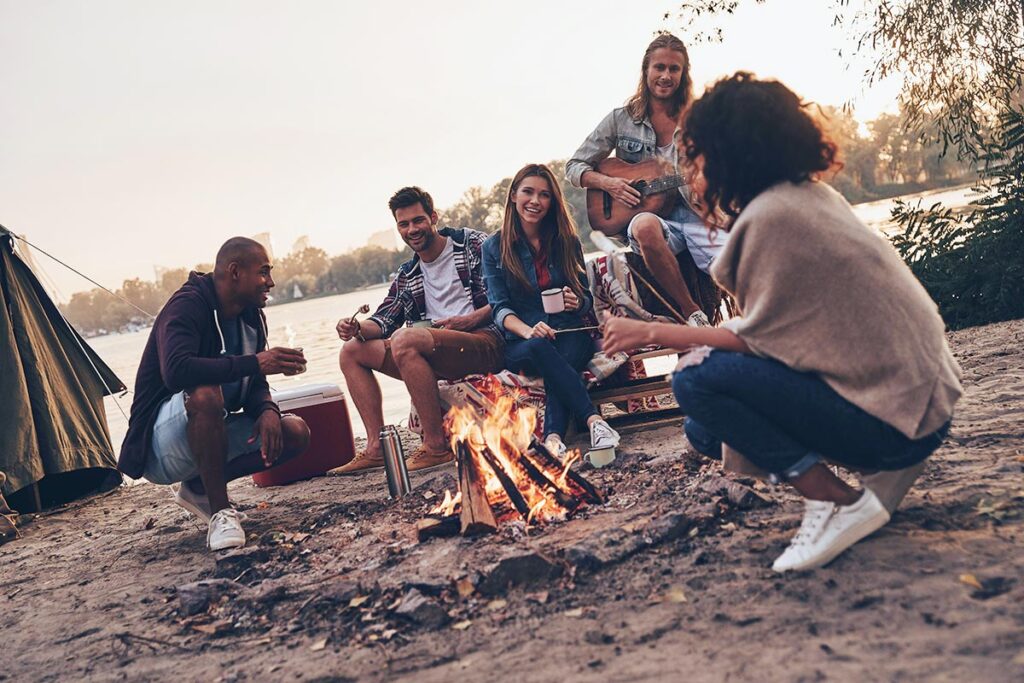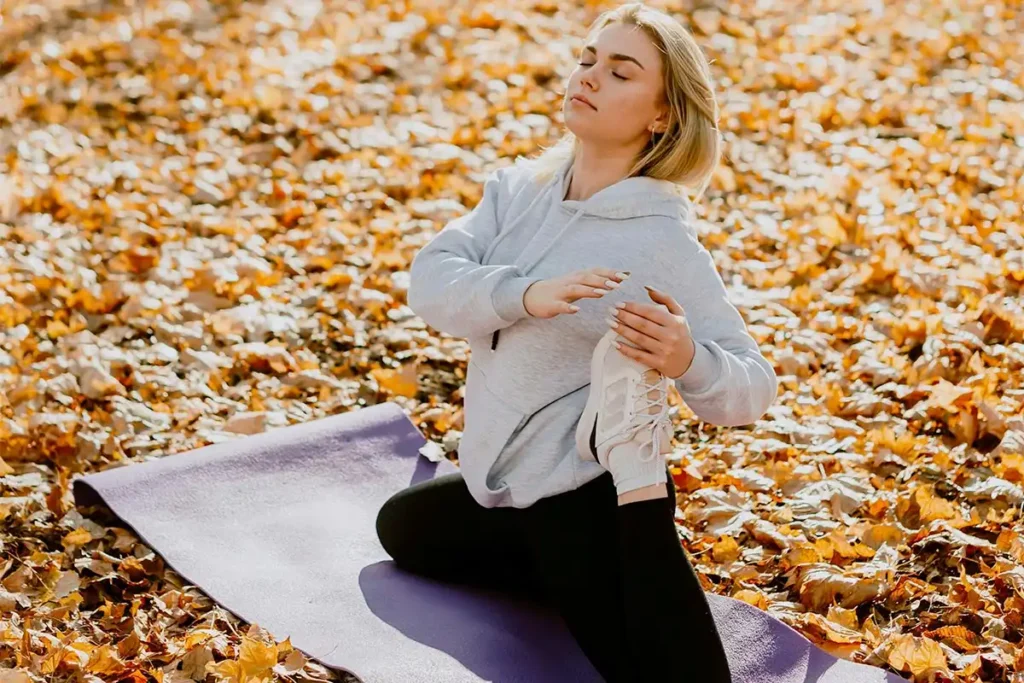If you’re like most of us, a lot of your social activities mean hanging out with friends. Often, even the best-intentioned friends-group is going to center that around parties – and summer BBQ parties almost always mean copious amounts of beer or other alcohol. If you’re in recovery, recently or not, that means facing triggers and the challenge to stay sober.
The earlier you are in recovery, the more difficult that will be. It might seem like you won’t have options to have fun. That’s especially true if you’ve never been to parties without drinking, because you might simply not know what to do with yourself. The good news is, there are plenty of ways you can go to summer barbeque parties and stay sober and hopefully have a lot of fun as well.
Check Your Mindset
First things first, you can’t go to a party with a mindset that drinking is the way to have fun. A lot of us get into this routine of glamorizing alcohol usage, before and after addiction. That makes sense because everyone makes alcohol look cool. Alcohol is a social lubricant. It lowers your inhibitions. It makes it more likely you talk to that person you like or that you go dancing or sing karaoke. At the same time, you’re also well-aware that alcohol has some pretty significant drawbacks. Waking up with hangovers, not remembering parties, worrying about things you might have said or done while under the influence, blackouts, accidents? If you think back about alcohol being “fun”, how much of it was you having fun because you lowered your inhibitions and alcohol mostly ended up being hangovers and feeling terrible?
There’s nothing fun about alcohol binges and chances are, you don’t have any other way to consume alcohol. If you’re thinking about how much fun you’re going to miss out on because you’re not drinking, it’s important to sit down and think about why you’re trying to be sober and how awful having a substance use disorder really was.
Choose Safe Spaces
It’s important to keep in mind that not every party is going to be safe for you. If you’re going to a BBQ and everyone but you is planning to get blackout drunk, you’re not going to have a good time. That means choosing your friends and the people you hang out with care. E.g., even work parties can largely end up being nothing but an excuse to get drunk. That means looking at the people you’re going with and the party to make sure it’s a safe space.
- Are there things to do other than drink?
- How many people there are likely to get drunk?
- Is it safe to tell this crowd that you are staying sober and would like to remain that way?
- Will there be non-alcoholic beverages? Will you be pressured into drinking alcohol?
- Will there be activities like games or helping make food?
In some cases, if you’re worried about having fun, making sure you have a role in the BBQ can also help a great deal. For example, making sure you’re helping prepare food or doing the grilling means you’ll have something to do and a constant stream of people to talk to. That won’t always be possible, but it can help a lot.
Understand Your Triggers
If you know what your triggers are, you’ll have a better way to cope with them as they crop up, even at a party. For example, if you know that you crave alcohol after smelling beer, you know that you shouldn’t go to a barbeque except for a sober one. If you know that you have trouble saying no to people offering you alcohol, you know that you have to discuss sobriety with everyone upfront before the party starts.
It’s always a good idea to sit down with your therapist or counselor and try to work out your triggers. Chances are very high you’ve already done this. However, doing it again for specific summer-related triggers can also be important. For example, what people are you likely to see, what situations are you likely to be in, what about the weather? It’s always a good idea to have an emergency contact you can call in case you are having trouble.
Consider a Sober Buddy
Going to a party alone can be tricky if you’re the only person there who is sober. Sobriety is becoming more and more common. It’s increasingly common to see alcohol-free beverages, to find multiple people who don’t drink, and to have accommodations made for those who don’t want to drink. At the same time, being the only person not drinking can be awkward and you can feel peer pressure to drink just so you don’t stand out so much.
Bringing a sober buddy or making a commitment to be sober with someone else there can help with that a great deal. For example, agreeing to stay sober with someone else at the party suddenly removes the peer pressure to drink, it removes the feeling of being alone, and it means you’ll have social pressure to not drink. If you bring someone from AA or who is also in recovery, you can also talk to them if you end up experiencing cravings or having trouble with your commitment to not drink.
The best option is to take someone who is sober with you to the barbeque. However, even having someone to text or call will help over nothing at all.
Know Why You’re Sober
Understanding your motivations is an important part of staying sober. It often means going over your reasons to stay sober. At the end of the day, it’s important to understand what sobriety means to you. Sometimes that’s about life goals, sometimes it’s about feeling good about yourself, sometimes it’s about not letting family down or about being a good parent. You’re the only person who knows your motivations. Try writing them down before you go to a party so you can look back and go “This goal is more important to me” every time you are tempted. Having those goals clearly structured and top of mind can help a great deal over just having them loosely formulated in the back of your mind, because it means you can focus on that goal instead of on cravings.
Know Your Limits
It’s important to understand where your limits are. That also means figuring out when you’re not comfortable. It means making space to leave when you feel uncomfortable. It means paying attention to whether you can safely be around alcohol. It means ensuring you have the resources and support you need to navigate an environment safely – and that means “while staying sober”. If you experience triggers or experience cravings, you should acknowledge them, take time out, work through them, and then move on. Knowing your limits means understanding when things impact you, how much they are likely to impact you, and having tools and resources on hand to help you cope with those.
Eventually, a summer barbeque should be about having fun. If you don’t trust yourself around alcohol, try planning your own sober events. If you do, make sure you have a bit of extra support, bring a friend, and be clear to yourself what your intentions and your goals are. And, have fun!
